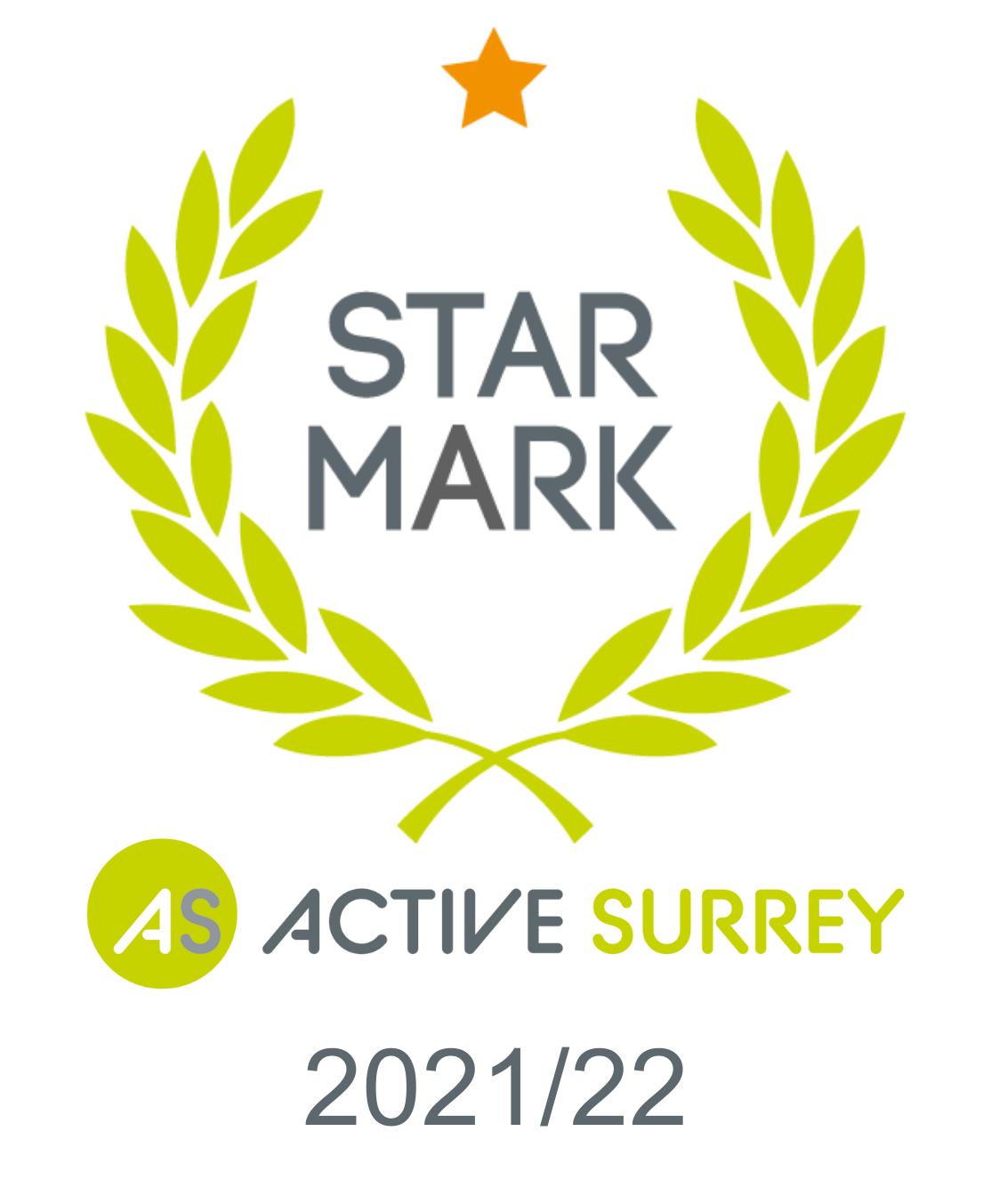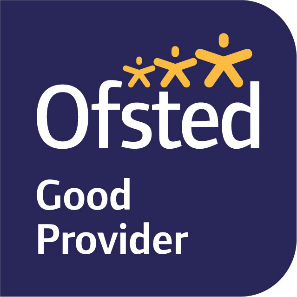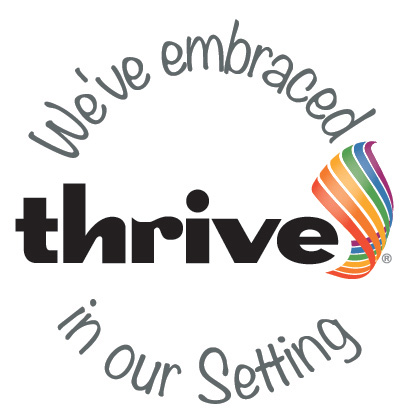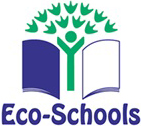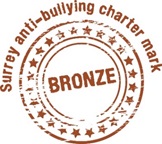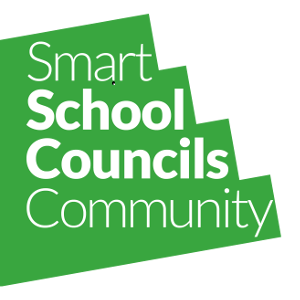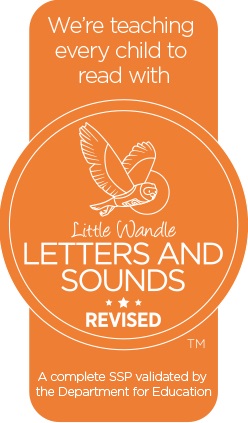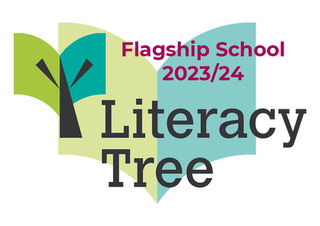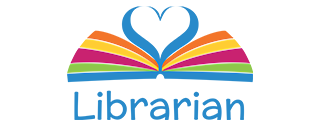Safety on the Web On-line safety (SMART)
On-Line Safety
Visit CEOP ThinkUKnow to keep you and your friends safe with Hector Protector and his friends.
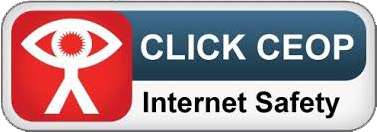
https://www.ceop.police.uk/safety-centre/
S - STAY SAFE
M - MEET
A - ACCEPT
R - RELIABLE
T - TELL
Respectful online relationships
As digital citizens, the same principles apply to being a good citizen online as offline, including when we are anonymous, such as:
- having respect for others - valuing differences, being kind and caring
- having respect for ourselves, our boundaries and privacy - valuing things that make us unique, knowing we deserve kindness and respect
Respect means considering the feelings and boundaries of others. It does not mean we have to agree all the time, or that our rights and needs are not important.
Internet access at Ashford Park Primary School is filtered by our Internet Service Provider (ISP) but ultimately outside of school, parents and guardians of minors are responsible for setting and conveying the standards that their children should follow when using media and information sources. We also have a secondary filtering provided by a dedicated internet server/router.
All web activity is logged so that pupil activity can be monitored.
Useful websites to raise awareness and keep on-line safe:
CRIMESTOPPERS: 0800555111 WWW.CRIMESTOPPERS-UK.ORG
Young people and children who have been harmed through their activities online; PLEASE CONTACT www.mariecollinsfoundation.org.uk
- National Safety Online
- Protecting children from online abuse | NSPCC Learning
- Childnet — Online safety for young people
- Be Internet Legends
- Disrespect NoBody | Find out about healthy relationships, relationship abuse, consent and more.
- Education for a Connected World - GOV.UK (www.gov.uk)
- Internet Matters
- 120 Tips and tricks to protect your children
- MOMO safety
- Net Aware
- Common Sense Media
- Swiggle Safe Search
- Digital Literacy
- BBC Stay Safe
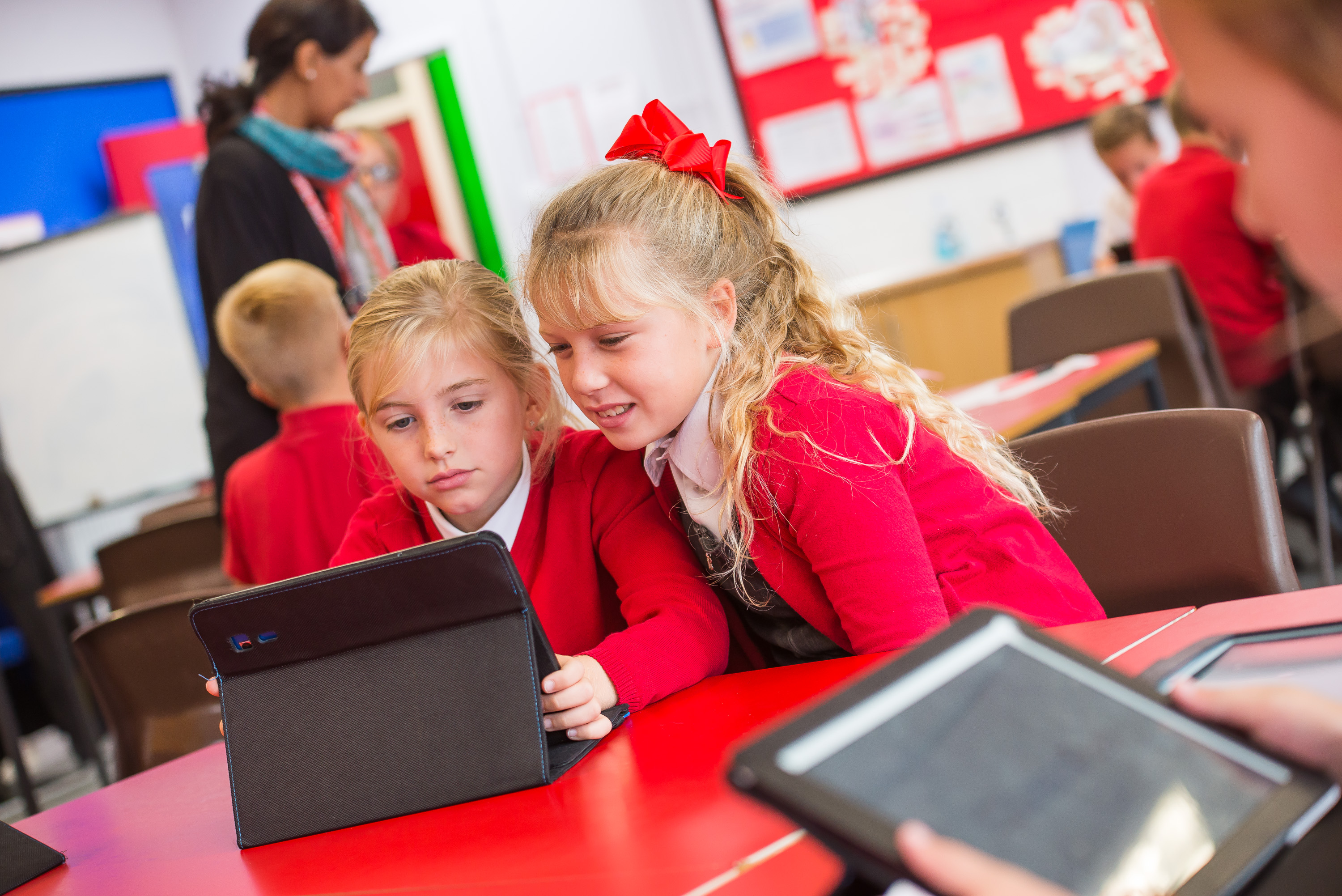
Pupils should:
- Never reveal personal information, either their own or others, such as home addresses, telephone numbers and personal e-mail addresses etc.
- Not use photographs of themselves on their web pages unless the parent/guardians have given permission to do so.
- Never meet people in person that they have contacted on the internet without a parent/guardians permission.
- Notify their teacher whenever they come across information or messages that are dangerous, inappropriate, or make them feel uncomfortable.
- Be aware that the author of an e-mail or web page may not be the person they claim to be.
Access Permission
Pupils are responsible for appropriate behaviour on the schools computer network just as they are in the classroom or in the school playground. Communications on the network are often public in nature. General school rules and the Behaviour for Learning Policy apply and it is expected that users will comply with the guidelines of this policy. Pupils are personally responsible for their actions when using school equipment to access computer resources outside the school network. Every year we work in partnership with the Spelthorne Schools Together Confederation to run Cyber Bullying workshops with two identified year groups. These year groups then cascade their knowledge and understanding to the younger children at our school.
Parental Support
Pupils could potentially have unfiltered, unsupervised internet access at home. All parents should be aware of the concerns and benefits of school internet use. Parents are therefore encouraged to look at government guidance available on the internet to help in the supervision of their children. Through the Spelthorne Schools Together confederation, we are also able to offer our families Cyber Bullying awareness training.
Safety on the internet for parents website address: Parents Online
If you are interested in learning more, please see the following links to guides about social networking.


